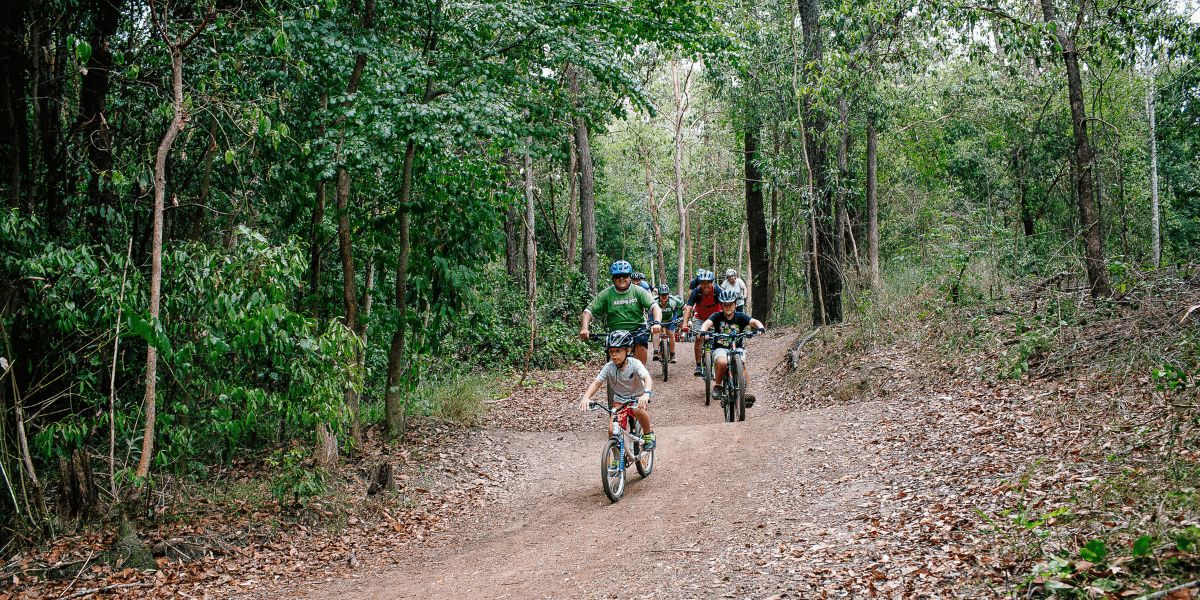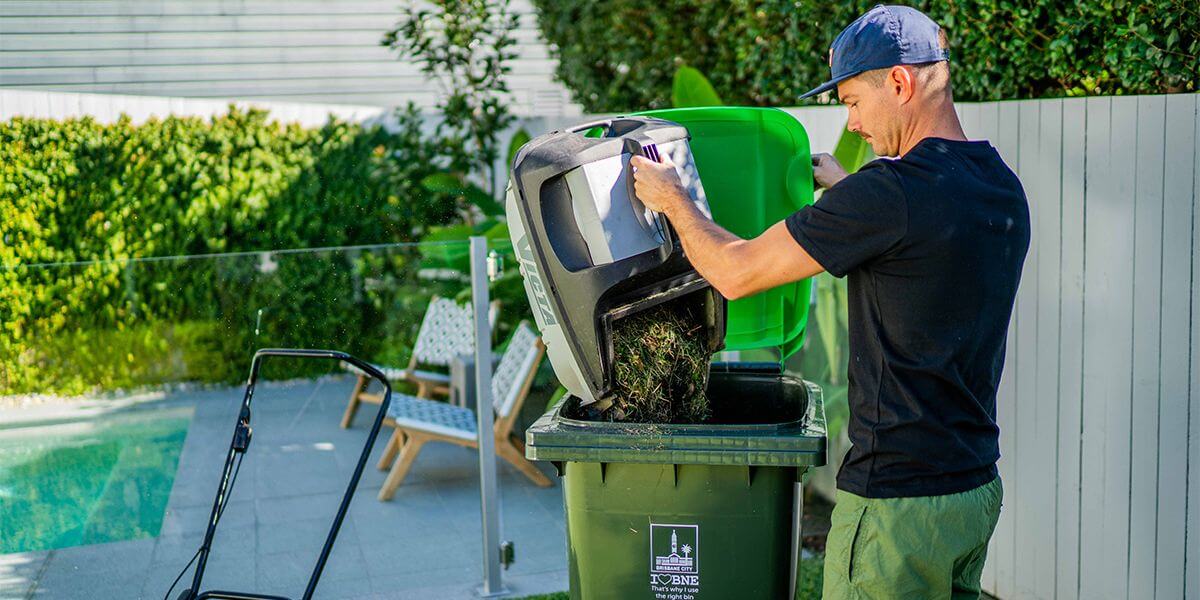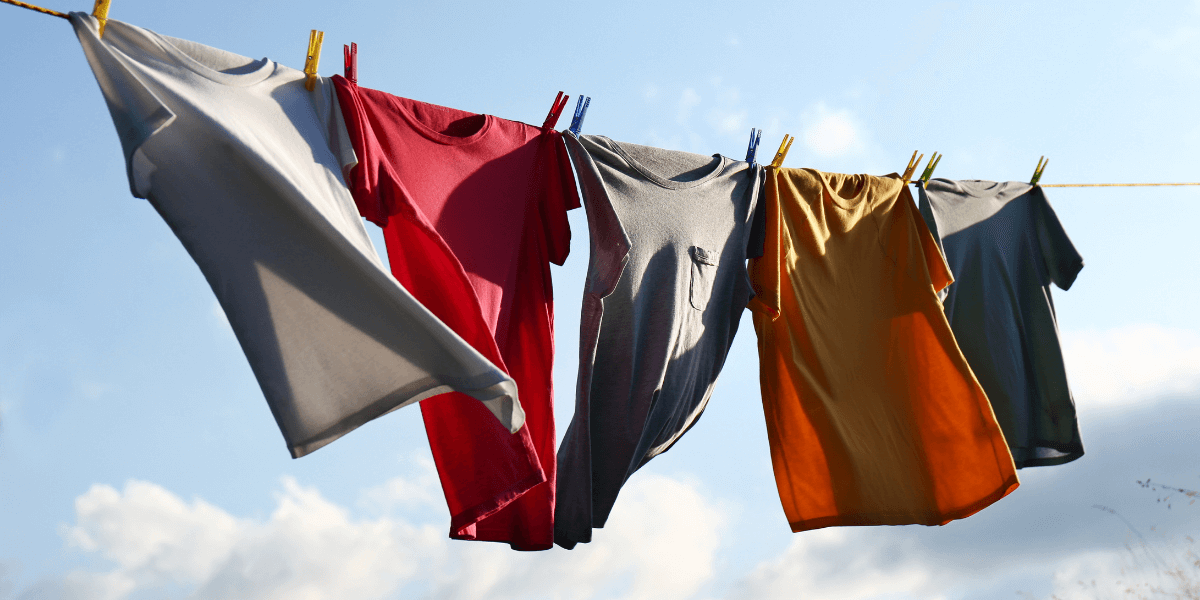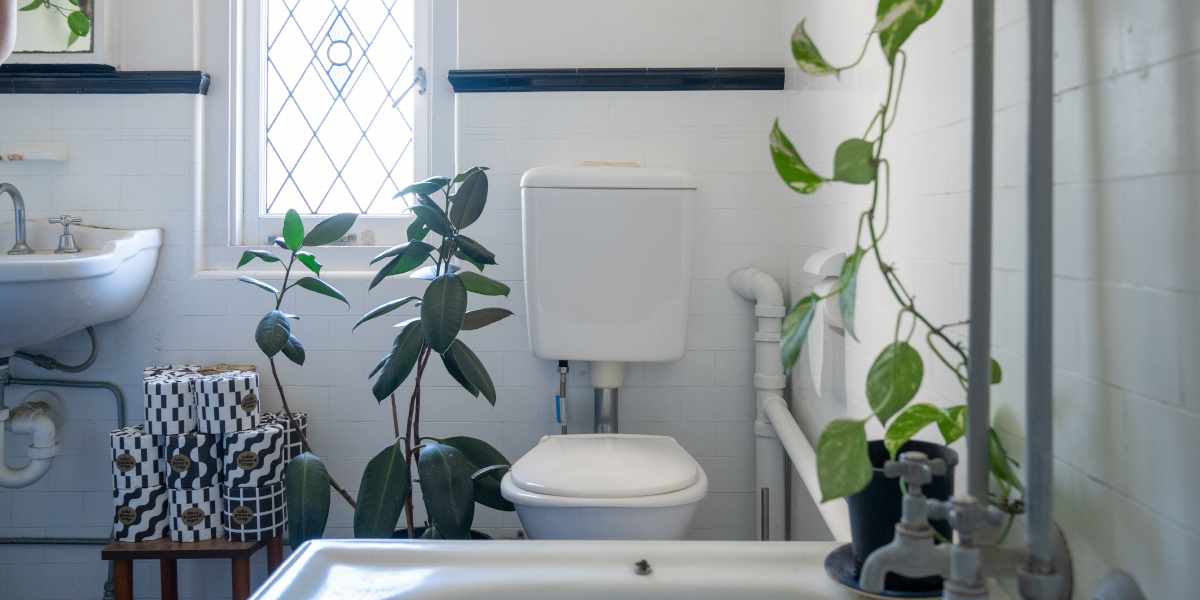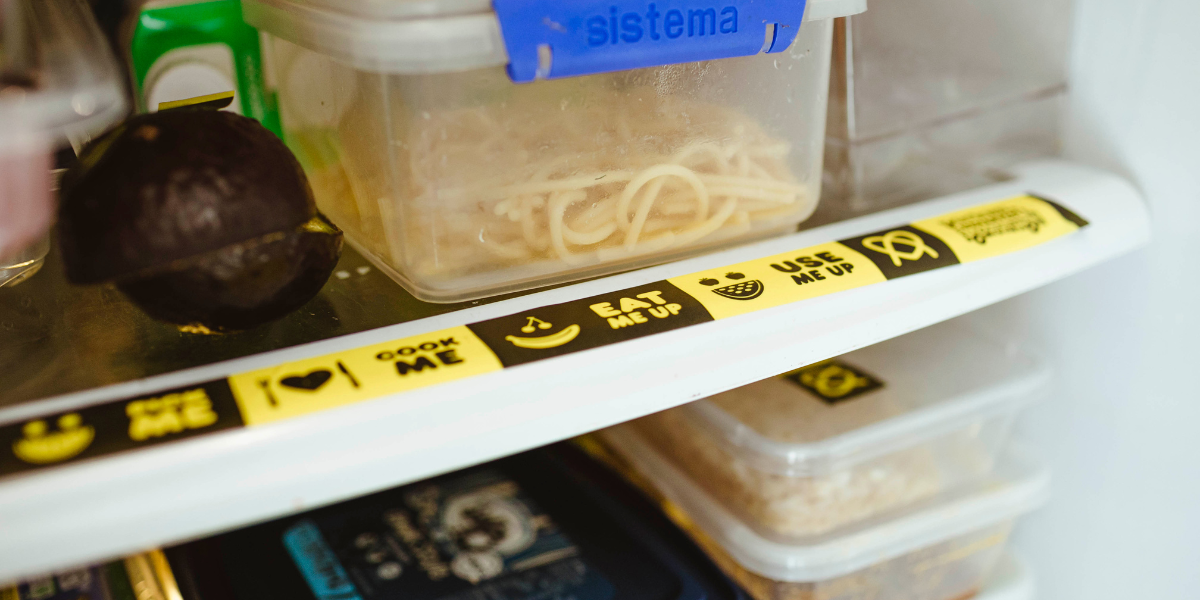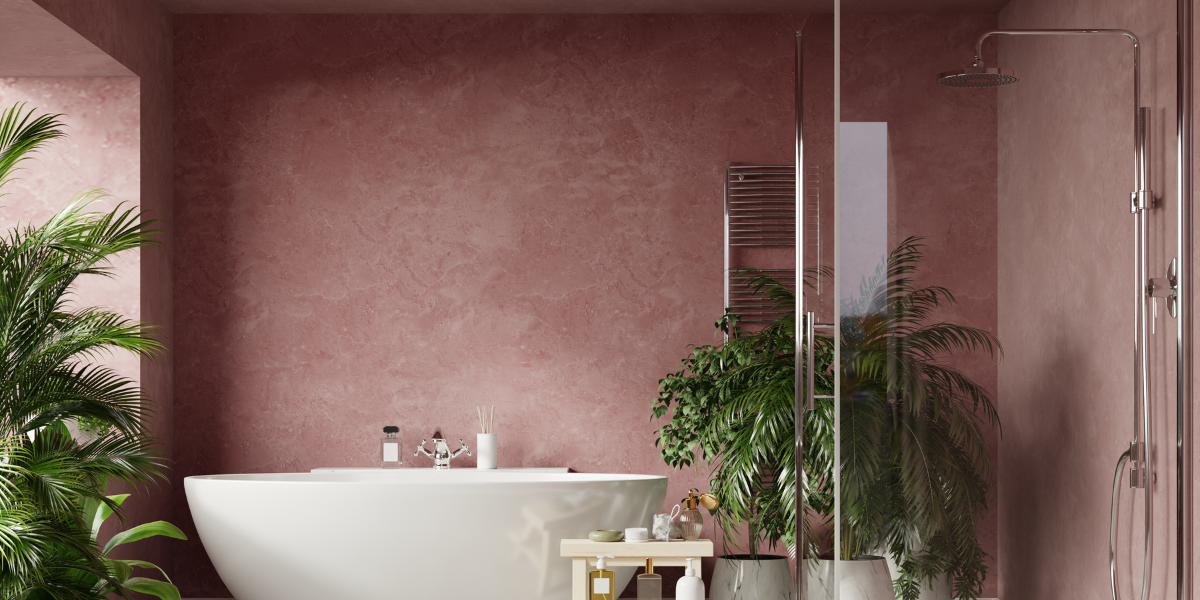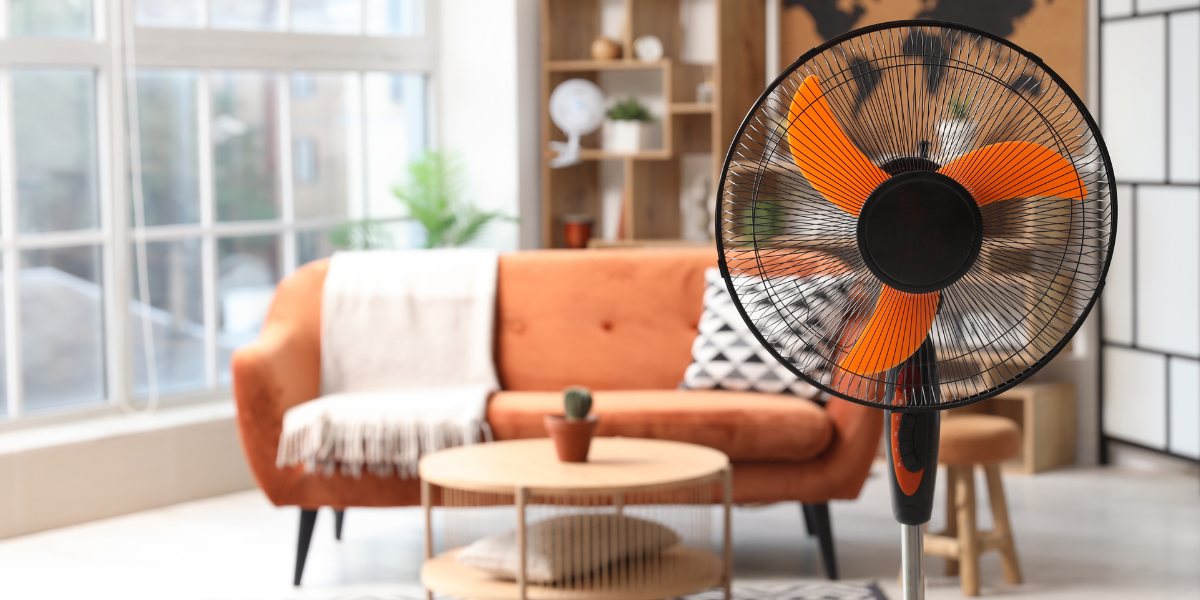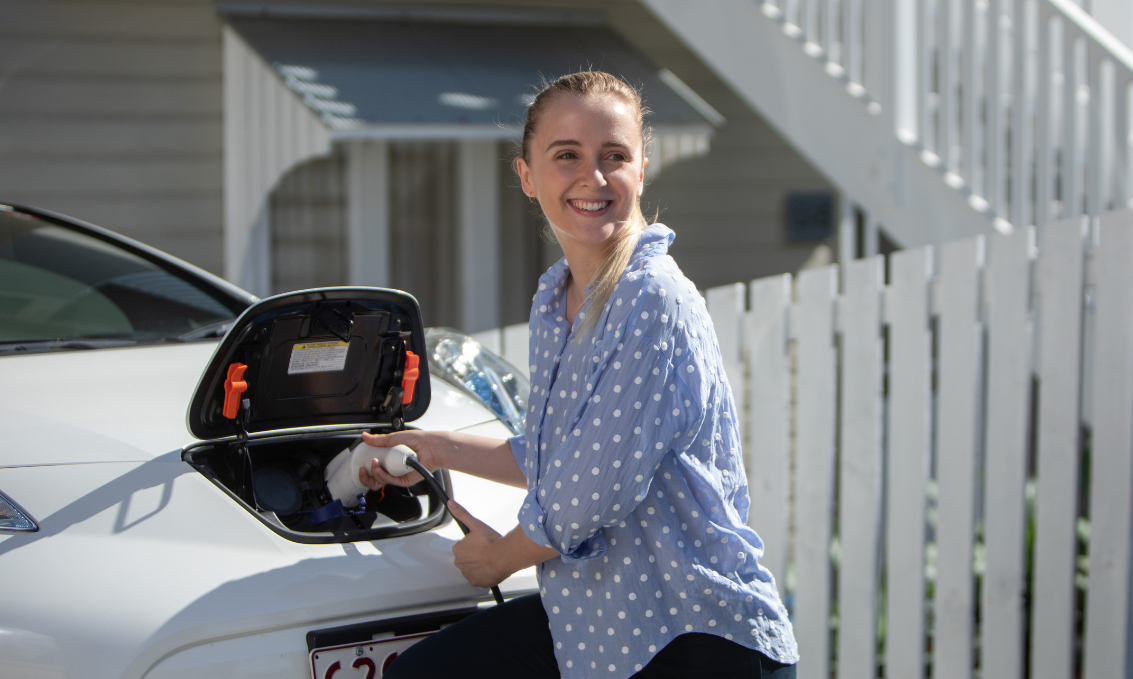REDUCE EMISSIONS
IKEA: THE BUSINESS OF SUSTAINABLE FUTURES
We explore how homewares giant, IKEA, is set to become climate positive by 2030.
For many brands, climate action is a reality and they’re doing more than just talking about the way their business can be better. For almost a decade, global homewares giant, IKEA, has laid the foundation for a cleaner path forward. The IKEA sustainability strategy – People and Planet Positive – launched in 2012 with ambitious goals to transform the IKEA business, the industries in the IKEA value chain, and life at home for people across the world.
In the company’s 2021 sustainability report, IKEA has revealed three important new goals that can benefit us all. They are to become climate positive, circular, and to enable 1 billion people to live more sustainably – all by the end of 2030.
Here’s what that means in tangible steps.
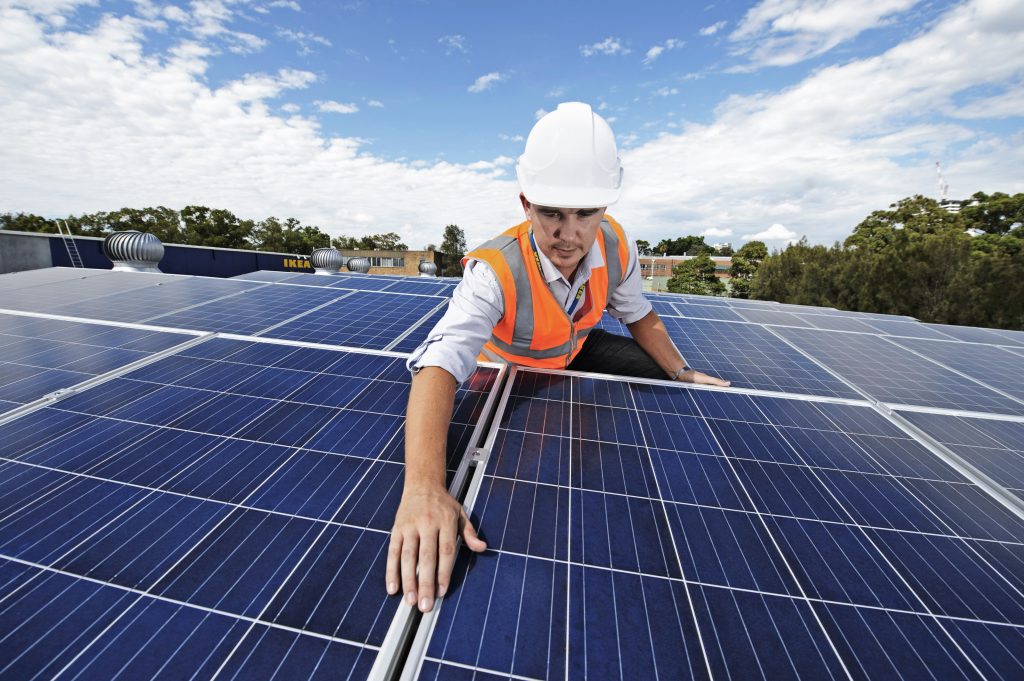
CLEAN ENERGY TRANSFORMATION
IKEA’s zero emission journey began in Australia in 2018, when their Victorian stores participated in a trial to change their fleet to zero-emission vehicles. By 2025 the goal is for 100% of transport for customer deliveries and services to use electric vehicles (EV) or other zero emission solutions.
The clean energy journey continued in 2020, when IKEA Adelaide partnered with Planet Ark Power, the South Australian Government, SA Power Networks and Epic Energy to implement some dramatic changes. This included installing 1.2MW of solar panels on their Adelaide store and coupling it with a 3.4MWh onsite battery. The IKEA Australia Clean Energy Transformation Project is the largest of its kind, grid connected microgrid in Australia. The goal is to meet 100% of the Adelaide building’s energy requirements and store surplus energy generated by optimised rooftop solar in on-site batteries for export into the South Australian Power Network (SAPN) when network energy demand is at its highest. It will support IKEA to create the conditions for the electrification of its home delivery fleet in South Australia and provide on-site recharging stations for their customers.
2020 was also the year IKEA launched its home solar product, SOLSTRÅLE—an affordable, complete home solar system now available in 11 countries. By 2025, SOLSTRÅLE will be available in all 30 countries with IKEA retail stores.
Locally in Queensland, IKEA Logan and North Lakes have worked with the Queensland Government to install EV charging stations for customers and co-workers as part of the Queensland Electric Super Highway project. The project delivers the world’s longest electric superhighway in a single state, with 31 fast-charging sites that allow Queenslanders to travel from Coolangatta to Cairns and Brisbane to Toowoomba in a low or zero-emissions vehicle.
In the 2021 financial year, buildings across Ingka Group (the parent company of IKEA) generated more renewable energy than they consumed globally. By 2030, they aim to be powered by 100% renewable energy across the IKEA value chain, meaning renewable energy throughout their supply chain’s manufacturing and distribution levels. A definite win for the planet.

CIRCULARITY AND WASTE REDUCTION
Launched in 2019 across all 10 Australian stores, the IKEA furniture buy-back service is a simple and sustainable solution aimed at diverting old furniture from landfills. The program allows IKEA customers to return their old products to participating IKEA stores where they are purchased from customers in exchange for a refund card, and resold as secondhand goods in the ‘AS-IS’ area of the store. The service is a success with Australian customers, and more than 26,000 pieces were returned last year.
Beyond its range of furniture and homewares, IKEA is also tackling its food production and associated waste. The company is currently measuring all food waste to achieve a 50% reduction by December 2021. They’ve also modified their menu and now sell a plant-based meatball alternative, veggie hotdogs and sorbet. By 2025, 50% of main meals offered in IKEA restaurants will be plant-based, and 80% will not contain red meat.
IKEA products like energy-efficient shower heads, taps, and LED bulbs also help consumers reduce household carbon footprints. Thoughtfully designed sorting bins in the HÅLLBAR product range make recycling and composting at home easier.
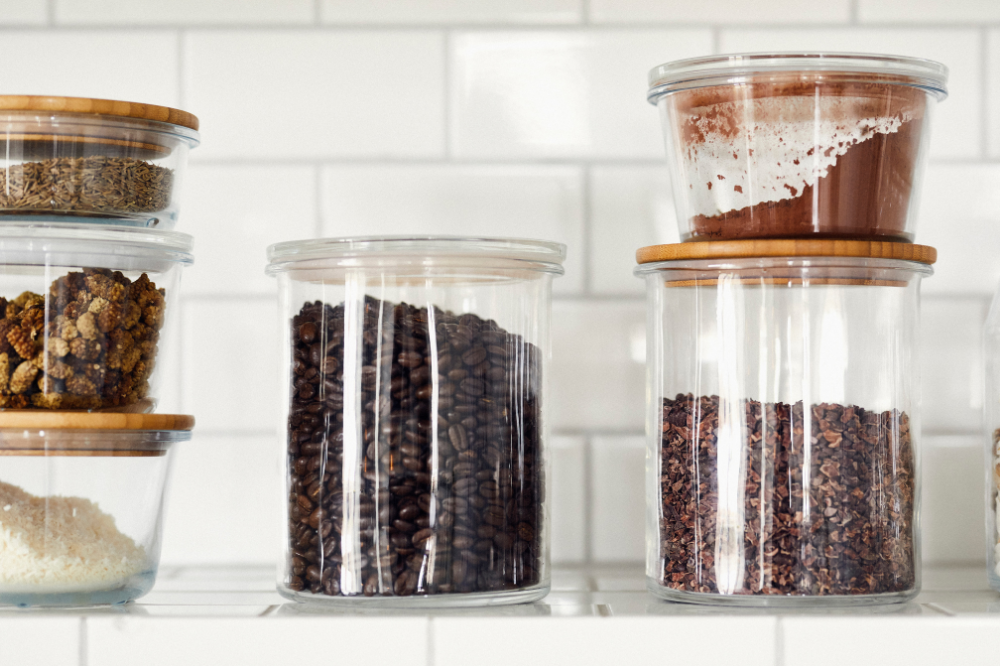
ACCESSIBILITY FOR ALL
All of the sustainability improvements from IKEA are made with the goal of helping 1 billion people around the world live more sustainable lives, be it through diet, furniture and homeware choices, making EV travel more convenient or encouraging a range of home improvements from solar power to recycling.
“At IKEA, we want to support our customers in taking climate action into their hands to enable them to have a positive impact on people and the planet. As an organisation, we strive to provide sustainable products and services for our customers whilst looking to embed these positive climate actions into our operations,” said IKEA North Lakes Market Manager Renea Robson. The future is looking bright at IKEA.
For more information about IKEA sustainability goals, visit IKEA sustainable everyday.
The author
Nicole Lutz

Nicole is a freelance writer, marketing consultant and copywriter. She’s also the mother of two little people with big personalities. She has a passion for writing stories about sustainable living and loves a good veggie garden (but sadly doesn’t have much of a green thumb).

